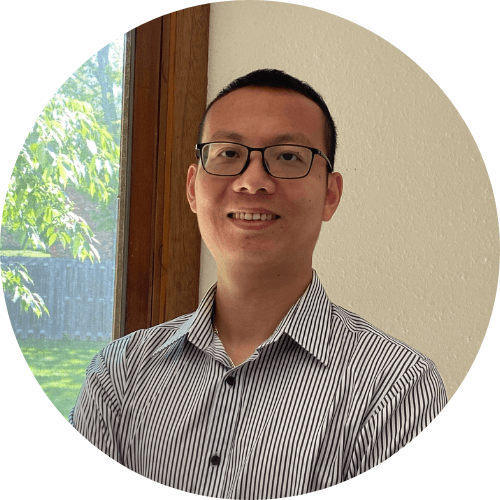| University: | Michigan State University |
| Course Number: | HDFS 895 |
| Credit Hours: | 3 credit hours - $580 per credit |
| Start/End Dates: | May 13, 2019 - June 27, 2019 |
Laurie Bulock
Office: 517-355-7680
bulockla@msu.edu
For course access questions, contact the teaching university’s campus coordinator. For enrollment questions, contact your home university campus coordinator.
View the Campus Coordinator Directory >>
To request accommodations for this course, contact the disability support office at your home university. You must register each semester and for each course. Read more about the Great Plains IDEA process for requesting accommodations.
Family Poverty in Diverse Contexts
Broussard, C. Anne and Joseph, Alfred
Edition: 2009
ISBN: 10: 0-7890-3741-6
Publisher: Routledge
Writing literature reviews: A guide for students of the social and behavioral sciences
Galvin, Jose L.
Edition: 5th or more recent
ISBN: 014-1007-2312-06
Publisher: Pyrczak
This course does not require an exam proctor.
This course does not include synchronous components.


 Having an integrated financial strategy for families has become increasingly important for families to stabilize their finances, especially during the pandemic. Acquiring professional knowledge on how to well manage family wealth has motivated me to pursue a master’s degree program in family financial planning and become a professional financial planner. The Great Plains IDEA program offers me a great path to this academic field and to gain the skills to help people protect financial resources.
Having an integrated financial strategy for families has become increasingly important for families to stabilize their finances, especially during the pandemic. Acquiring professional knowledge on how to well manage family wealth has motivated me to pursue a master’s degree program in family financial planning and become a professional financial planner. The Great Plains IDEA program offers me a great path to this academic field and to gain the skills to help people protect financial resources.